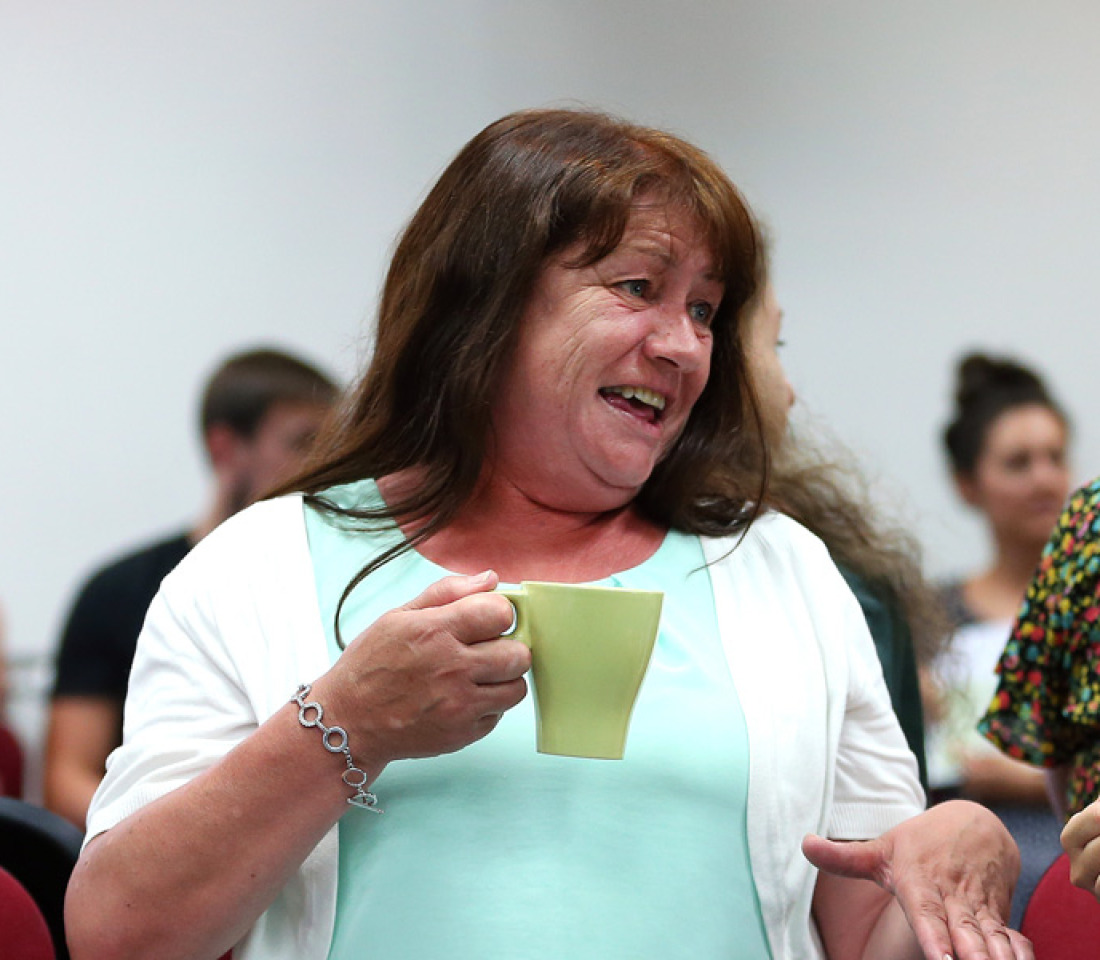
Guest post: How can prisoners with brain injuries be better supported?
New research has found 60% of the UK prison population has a history of brain trauma
*This is a sponsored guest post from RWK Goodman. The views expressed below are not necessarily the views of The Brain Charity and we do not necessarily recommend this company above any other.*
Research from Prof. Huw Williams from the University of Exeter has recently found that 60% of the UK prison population has a history of brain trauma, and 17% has had a severe brain injury.
Specialist brain injury compensation lawyers RWK Goodman spoke to experts to find out what the connection is, and what more can be done to care for those who experience brain injury.
The research of Professor Williams, who is Co-Director of the Centre for Clinical Neuropsychology Research, highlights the fact that our current prison system is simply not capable of supporting those with brain injuries.
He said those in charge of the prison service are “basically running brain injury units without adequate resources”.
In the recent report “How the criminal justice system interacts with brain injury, and impacts upon the brain-injured”, RWK Goodman partner Stuart Brazington explores some of the main reasons why brain injuries are common among the prison population, and what can be done to better support those incarcerated.

He said: “Given that many victims of brain injury struggle with setting boundaries and understanding the risks they may be about to take, having a criminal justice system that relegates brain injury victims to incarceration and a peer group who will often exploit and harm them cannot be in the best interests of those brain injury victims.”
Brain injuries can shorten the working memory
Dr Sian Rees, an expert in education support for children living with a brain injury, notes that brain injuries often result in a shorter working memory.
This means that those who experience a brain injury may end up with a change in the ability to assess risk and exercise judgement.
Poor judgement and risk assessment can lead to poor life choices, social isolation, lack of structure, purpose and meaning to life, leading to serious mental health issues.
Dr Rees said: “Your ability to hold things in working memory, so that you can make a choice, is impaired, hence you will not be able to make wise choices.”
The psychological effects of a brain injury are often overlooked
It is possible to develop a wide range of psychiatric and psychological conditions as a result of a brain injury that are less obvious at first, or even second, glance.
This means that many people who experience brain injury do not get adequate care and support, creating a slippery slope of worsening mental health.
Lack of awareness of impact of brain injuries in formative years
Mr Brazington added: “Supporting families to understand the effects of a brain injury in a child and how they can help structure and support the child’s life is well within our grasp as a society.
What is happening though is that children with brain injuries go undetected too often.
There are too many gaps in our health and social care systems, and by the time the young person comes into contact with the criminal justice system it would often be the case that there has been no identification of brain injury or education.”

So, what can be done?
Critically, RWK Goodman’s report notes that:
- Neuro-rehabilitation support should be provided for prisoners with acquired brain injury (ABI) and traumatic brain injury (TBI)
- Prisoners with brain injuries must be helped to avoid overstimulation and fatigue
- Comprehensive pathways for young people with brain injuries could be developed to help them avoid prison life altogether
Mr Brazington said: “We have come a long way along the road of discovery into the incidence and effects of brain injury, and there is still some way to go.
“Nevertheless, increasing the exposure of these issues to the wider public can only assist in educating and supporting those who find their lives touched by the effects of brain injury.”
More information including a video interview with the experts can be found on the RWK Goodman website.
Categories: Guest blogs, Neurodiversity
Published: 20 March 2023
















